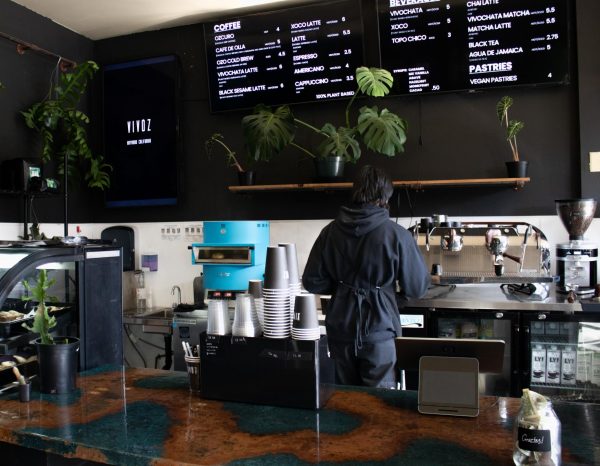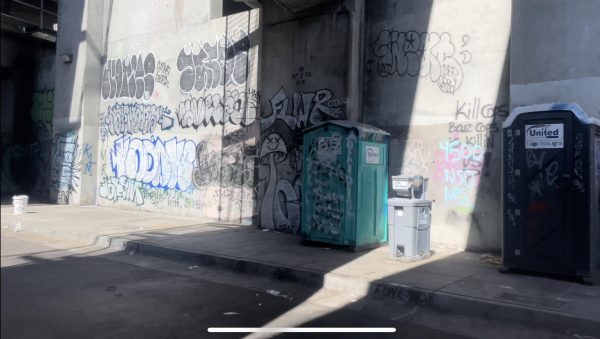Production Rates in the Face of Pandemic Layoffs
April 24, 2020
Rubber, Paper, Plastic
People at the start of the pandemic in each of its various COVID-19 epicenters prepare by hoarding in stores and their homes, worrying about essentials like water and toilet paper more than ever. Some of this lies is fear of market prices, some in fear of natural disaster and others simply because they can. Are worldwide layoffs having their suspected effect?
Rubber news reported in February on Goodyear, America’s, only “Fortune 500” tire production company, and recent layoffs, “The workforce at Goodyear’s manufacturing facility in Gadsden has taken another hit, as the tire maker recently laid off 105 employees at the 90-year-old plant.” It was confirmed in mid-march that all production would stop until early April, at which point it was discovered that production would be stopped until further notice in North and South America, as well as Europe. However, output has changed little. Rubber and Plastics News reports that Michelin, Bridgestone, Cooper Tire, Pirelli, Apollo, and even some tire making maintenance operations. Meanwhile, the production company Triangle resumes operations in China.
Bloomberg software, specializing in industry news and data analysis, reports that paper companies have meanwhile not faltered in their production. Georgia Pacific, Angel Soft producers, are at 120 percent output; Procter & Gamble with Charmin intend to match market demand. Kimberly-Clark Inc. with Scott are reallocating inventory and accelerating production. Bloomberg intelligence analyst stated in an analysis article, “Current inventory levels at makers are likely enough to supply the increased demand for a few weeks without increasing their inbound supply of pulp.” With the cost for paper making materials at a production, level are at an all-time low, paper prices have still risen 18% as was found mid-March in comparison to last year. There are no reports of extensive layoffs in the paper production industry.
According to Michigan Live, Dow Chemical must keep operations consistent but is maintaining precautions. There has been suggestion that they move operations to be based from home. International news organizations publication, Reuters explains the situation at Lyondell, second-largest chemical and plastic contributor: “Contractors are employed by companies that Lyondell hires to perform maintenance in the refinery. Generally, contractors perform much of the maintenance in U.S. refineries. About 500 contractors were released from work at the 263,776 barrel-per-day Houston oil refinery, the sources said. Lyondell employee engineers and administrative staff are working from home.”
UN News reports word from the secretary-general: “…as we inch from a ‘war-time’ response to ‘building back better’, we need to take on board the environmental signals and what they mean for our future and wellbeing because COVID-19 is by no means a ‘silver lining’ for the environment. Visible, positive impacts – whether through improved air quality or reduced greenhouse gas emissions – are but temporary, because they come on the back of tragic economic slowdown and human distress.”
According to a March BBC article quoting Kimberly Nicholas as a sustainability science researcher: “Take transport, for example, which makes up 23 percent of global carbon emissions. These emissions have fallen in the short term in countries where public health measures, such as keeping people in their homes, have cut unnecessary travel. Driving and aviation are key contributors to emissions from transport, contributing 72 percent and 11 percent of the transport sector’s greenhouse gas emissions respectively.”
Contrarily, Trump’s recent loosening of big production companies has allowed larger emission release rates. Companies are purging pollution which they have stored during extreme environmental regulations. No comment was available from environmentalists or lobbyists.















